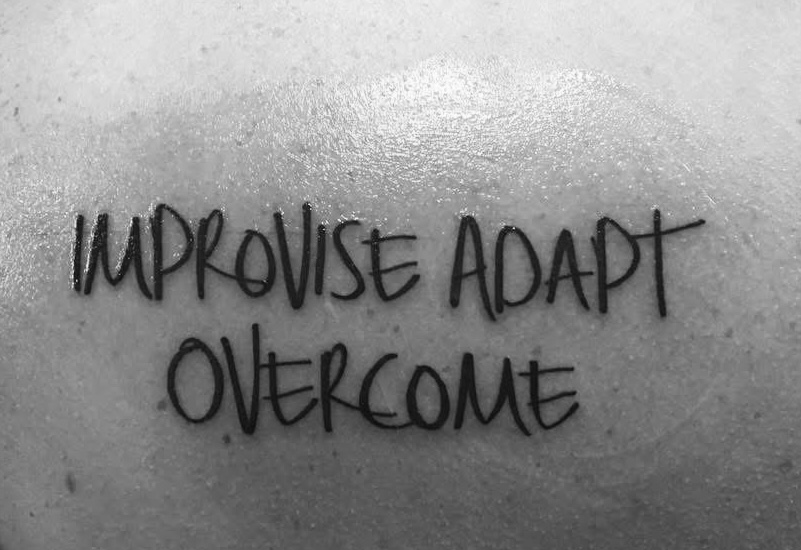There are moments that split your life into before and after.
Some of mine came in the form of hands that didn’t ask for permission. Words that sliced through my humanity like glass. Long silences from people who should’ve said something. And systems that asked what I was wearing or if I had been drinking — instead of asking if I was okay.
I am a survivor of sexual assault and harassment.
That sentence used to feel too heavy to say out loud. It carried with it the weight of shame that didn’t belong to me and a fear of being blamed, dismissed, or pitied. But I’ve since learned: silence is not safety, and shame is not mine to carry.
What makes my story more infuriating — though, unfortunately, not more unique — is that the person who assaulted me was an elected official. Someone in a position of power. Someone whose decisions impacted the lives of thousands. Someone shielded by others in power who knew and chose to protect her anyway.
Power protects power. That’s not just a theory — it’s my lived reality.
I watched people I once trusted contort themselves to excuse her behavior. They justified, gaslit, and looked the other way. Whispers in hallways were louder than any official response. The burden of truth was mine to carry — while her career remained untouched, her influence intact.
When people hear the word survivor, they often imagine someone who’s “healed.” Someone who has triumphed over trauma and now lives in some glossy version of resilience. The truth? Healing is not linear. Some days I’m strong and grounded. Other days, my body remembers what my mind tries to forget. Triggers sneak up like uninvited ghosts — an aggressive tone, a too-close stranger on the train, even a storyline on TV. But I keep going.
That’s what survival looks like. It’s not just the after. It’s the everyday.
Sexual assault and harassment are not isolated incidents. They are systemic. Cultural. Codified into silence and spin. And they are alarmingly common. So common, in fact, that many of us have learned to downplay the violence we’ve endured, to laugh off the discomfort, to adjust our behavior instead of demanding accountability. We’ve been taught to shrink ourselves for safety.
But I refuse to shrink.
My story is mine. And I share it not for sympathy, but for solidarity. For every survivor who has felt alone, doubted, or silenced — you’re not. I see you. I am you.
And let me be clear: being a survivor doesn’t mean I’m broken. It means I am whole because I chose to reclaim my body, my voice, and my power.
I now move through this world not as a victim, but as someone who has fought like hell to exist on her own terms. I build safe spaces where people can show up fully, bravely, and loudly. I challenge systems that enable harm. I mentor others to stand taller in rooms where they’ve been made to feel small.
There’s nothing easy about this work. There’s no perfect script. But if my voice can help even one person feel less alone, then it’s worth every trembling syllable.
To those still surviving: Your experience is valid. Your healing is yours. And your story — whether spoken aloud or held quietly in your heart — is powerful.
To those who’ve caused harm: Accountability is not cancellation. It’s a necessary first step toward justice and transformation. The world doesn’t need your guilt — it needs your growth.
To the people in power: Your silence is complicity. Your protection of abusers is violence, too. We see you — and we remember who stood with us, and who stood behind the predator.
And to everyone reading: Believe survivors. Don’t just say you care — show it. Advocate for policies that protect, uplift, and support us. Create cultures of consent and respect, not silence and shame. And if you’re not sure what to do, start by listening.
I’m still here. That in itself is a revolution.
